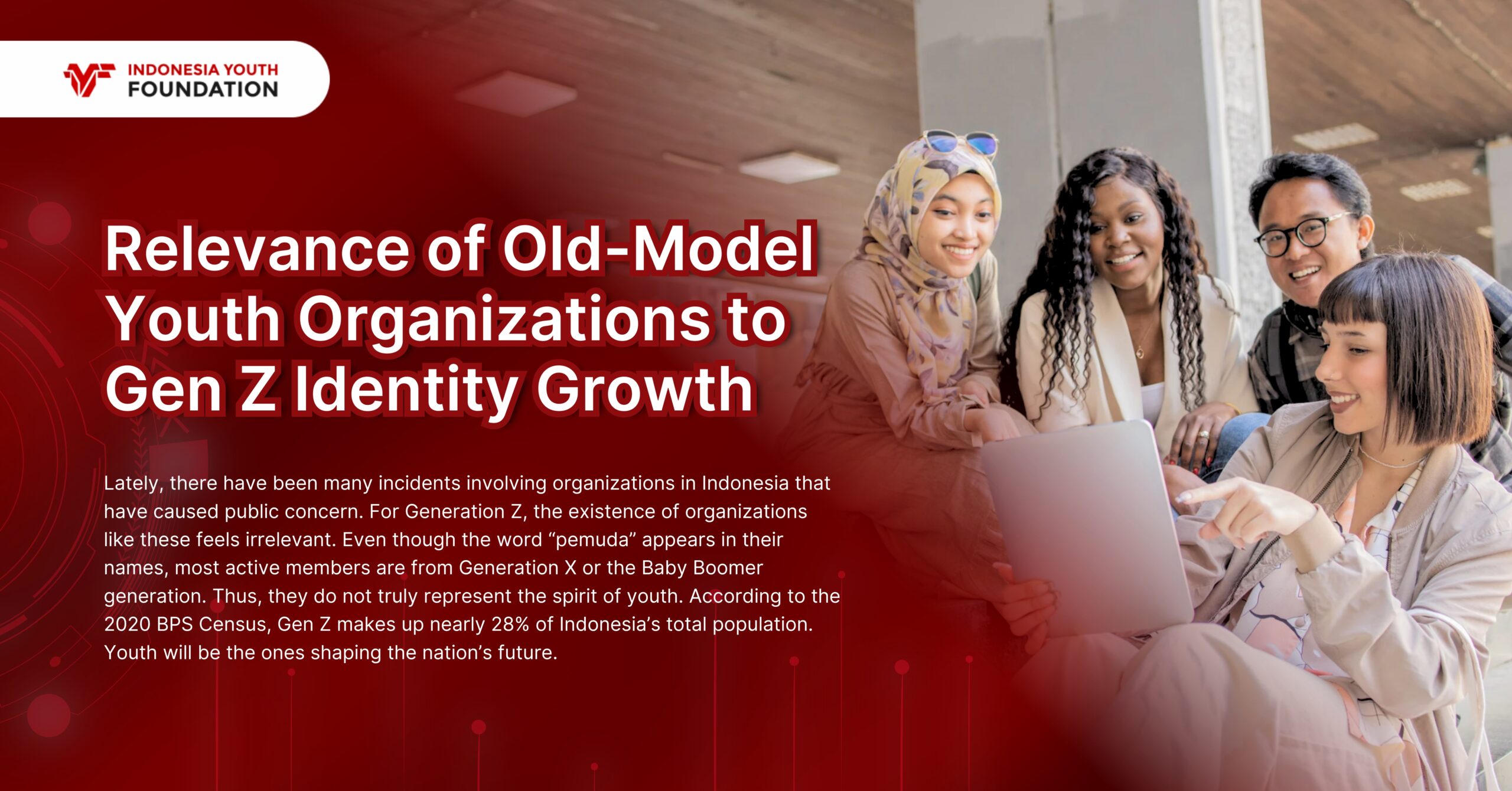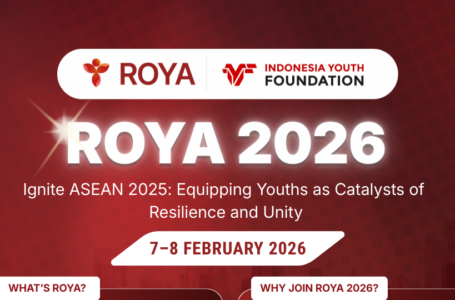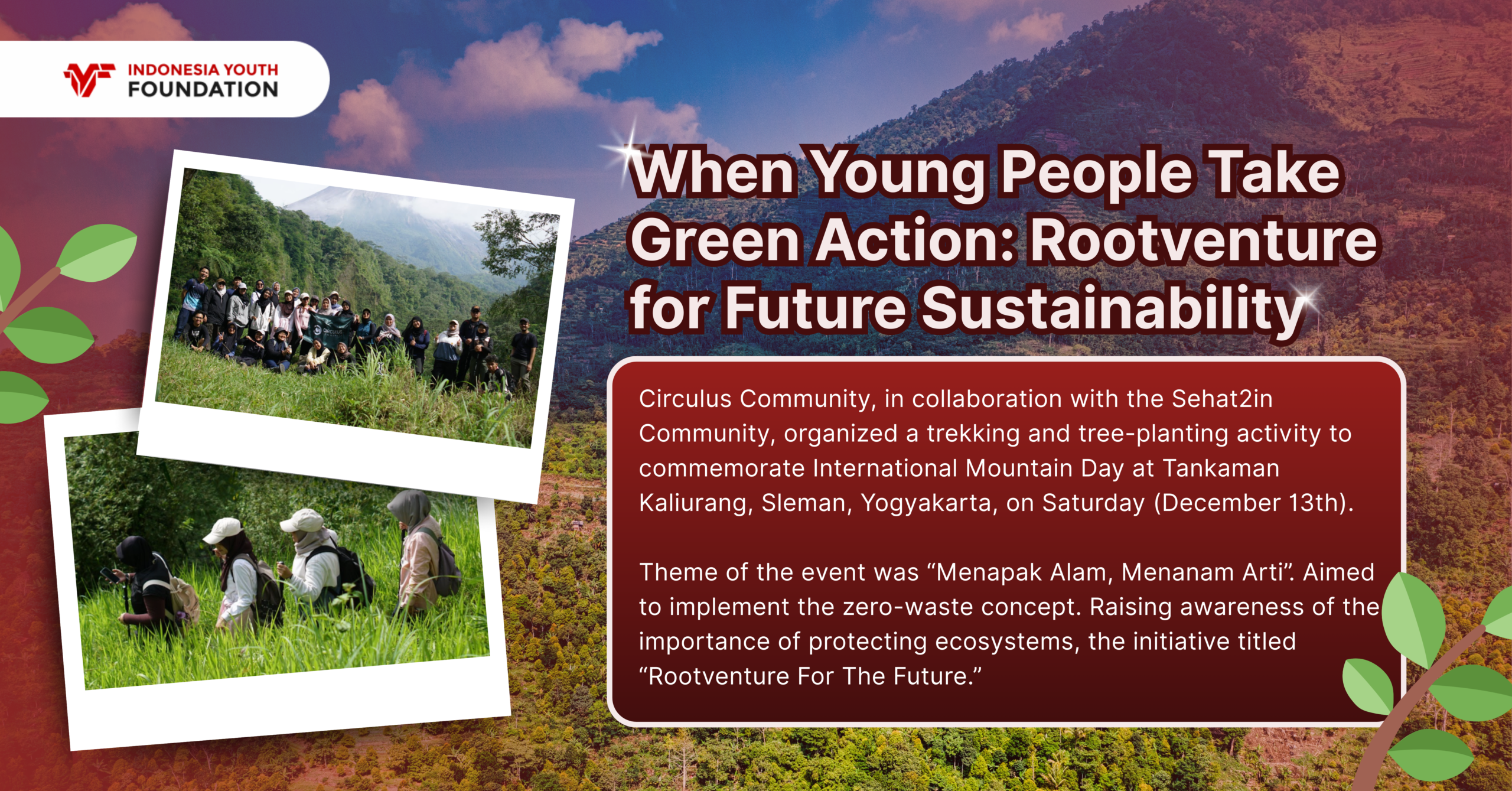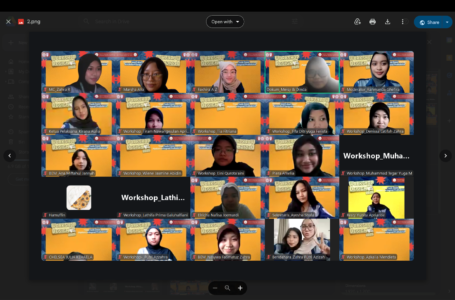
Lately, there have been many incidents involving organizations in Indonesia that have caused public concern. For example, some member of an organization “come” to wedding events or demanding illegal fees from businesses. Acts of thuggery, extortion, and even violence often upsets the public. For instance, in May 2025, a police cracked down on illegal levies and thuggery in several areas, dismantled illegal posts, and detained several individuals involved.
For Generation Z, the existence of organizations like these feels irrelevant. Even though the word “pemuda” appears in their names, most active members are from Generation X or the Baby Boomer generation. Thus, they do not truly represent the spirit of youth. According to the 2020 BPS Census, Gen Z makes up nearly 28% of Indonesia’s total population. Youth will be the ones shaping the nation’s future.
The organizational style practiced by older generations tends to be rigid and inefficient. A striking contrast from Gen Z, who are creative, collaborative, and focused on self development and future-oriented skills. They prefer organizations that have a positive impact, are flexible, and are relevant to today’s needs.
It is therefore interesting to see how Gen Z perceives old-model youth organizations. Do these organizations still have a place in the eyes of young people, or have they lost their social legitimacy? Examining this can also reveal how much Gen Z’s social identity influences their perception in the future.
The Existence of Old Organizations in Indonesia

Source: https://damarku.id/orde-baru-dan-gerakan-mahasiswa/picture
Old youth organizations in Indonesia were originally founded with noble purposes, such as guiding young people, practicing national ideology, and contributing to nation-building. Some emerged in the 1950s–1960s, with deep historical roots in politics and society, and even supported government policies at the time. However, over time, some became associated with practical politics, thuggery, and controversial acts that worried the public.
Still, not all of them are bad. Many old-model organizations continue to contribute positively, especially in social activities and youth empowerment. Their members often take part in community efforts like tree planting, fish breeding, or anti-corruption campaigns. Behind their negative reputation, there are still beneficial aspects for society.
Unfortunately, inter-organizational conflicts, illegal fees, and member violence have tainted their image. Many people, especially Gen Z, see these as outdated. Moreover, they are often politically affiliated, when in fact, organizations should not be tied to politics unless they serve national political purposes.
In short, old-model youth organizations have a strong history and tangible contributions, but they must adapt to modern values and Gen Z’s principles of creativity, collaboration, and self-development if they wish to remain relevant and appealing to the new generation.
Generation Z’s Mindset Toward Old Organizations

Source: https://indonesiayouthfoundation.org/iaco/
Generation Z tends to have a critical view of old-model youth organizations. Their perceptions are shaped by what they see directly or on social media and most are negative. Many Gen Z individuals associate old organizations with thuggery, arrogance, and practices that stray from the organization’s original goals. They feel that such organizations have become tools for political or elite interests, making them irrelevant to the needs of today’s youth.
Psychologically, Gen Z seeks organizations that provide real benefits, like opportunities to learn new skills, build networks, and express creativity. Old organizations that are hierarchical, rigid, and emphasize seniority make them feel undervalued. The gap between old organizations’ orientation and Gen Z’s emotional and social needs keeps widening, reducing their interest in joining. They tend to be skeptical, cynical, or even apathetic toward it.
Their rejection also stems from the negative image attached, such as thuggery, extortion, and intimidation. Organizations that should foster youth development are instead seen as degrading personal image rather than enhancing it. Gen Z prefers fair, transparent, egalitarian structures that allow everyone to have a voice. They also seek platforms for self-expression and creativity.
In summary, for Gen Z, the existence of old organizations feels irrelevant because it does not align with their emotional needs, social identity, or aspirations. Their rejection is not purely logical. Rather, it is also psychological, shaped by experiences that make these platforms feel unfit as representations of modern youth.
The Social Identity of Generation Z and Comparison with Old Organizations.
Generation Z tends to choose organizations or communities that are relevant to their lives, such as those focused on social issues, volunteering, the environment, literacy, mental health, and creative activities. They are aware of the many changes happening around them and want to contribute meaningfully while developing their skills, especially in digital and creative fields. Their social identity is shaped through flexible interactions, both online and offline in egalitarian, issue-based communities rather than seniority-based structures. Their solidarity is built on shared concern for issues, not hierarchy, and decisions are usually made democratically.
The contrast between old organizations and those favored by Gen Z is clear in structure, activities, and orientation. Old organizations are typically hierarchical, bureaucratic, loosely structured in recruitment, politically oriented, and dominated by strong figures. Meanwhile, Gen Z-oriented organizations are flexible, skill-based in recruitment, creative and digital in their activities, socially impactful, collaborative, and egalitarian. Their sustainability is also stronger because it is issue-based, not leader based.
Old organizations can learn much from modern models: adopting flexible structures, competency-based recruitment, creative activities, social-issue orientation, inclusivity, collaboration, and issue-based continuity can make them more relevant today. By adopting these principles, old organizations can remain active, be accepted by younger generations, and improve their public image.
In short, Gen Z values relevance, creativity, collaboration, and social impact, while old organizations need to adapt to remain meaningful amid social dynamics and modern development.
Visit our homepage for more articles: https://indonesiayouthfoundation.org
Opinion article by: Rizky Ramadhan
Editor: Secia Lie








